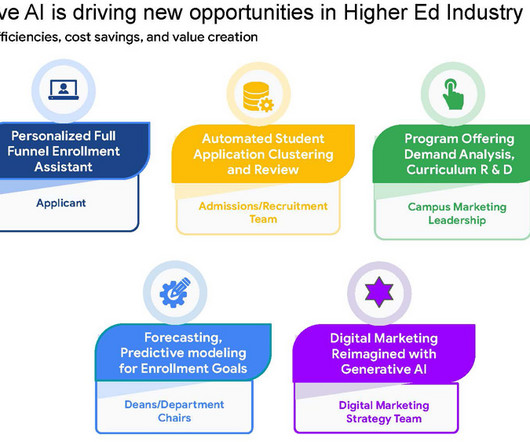A Multipronged Approach to Harnessing Virtual Reality to Advance the HBCU Mission
Faculty Focus
MARCH 3, 2024
Historically Black Colleges and Universities (HBCUs) stand out for recognizing that every student deserves access to quality education and are also centers for research and innovation (TEConomy, 2022). 2021) show that VR can improve students’ learning experience and promote their cooperation and creativity in classes.












Let's personalize your content